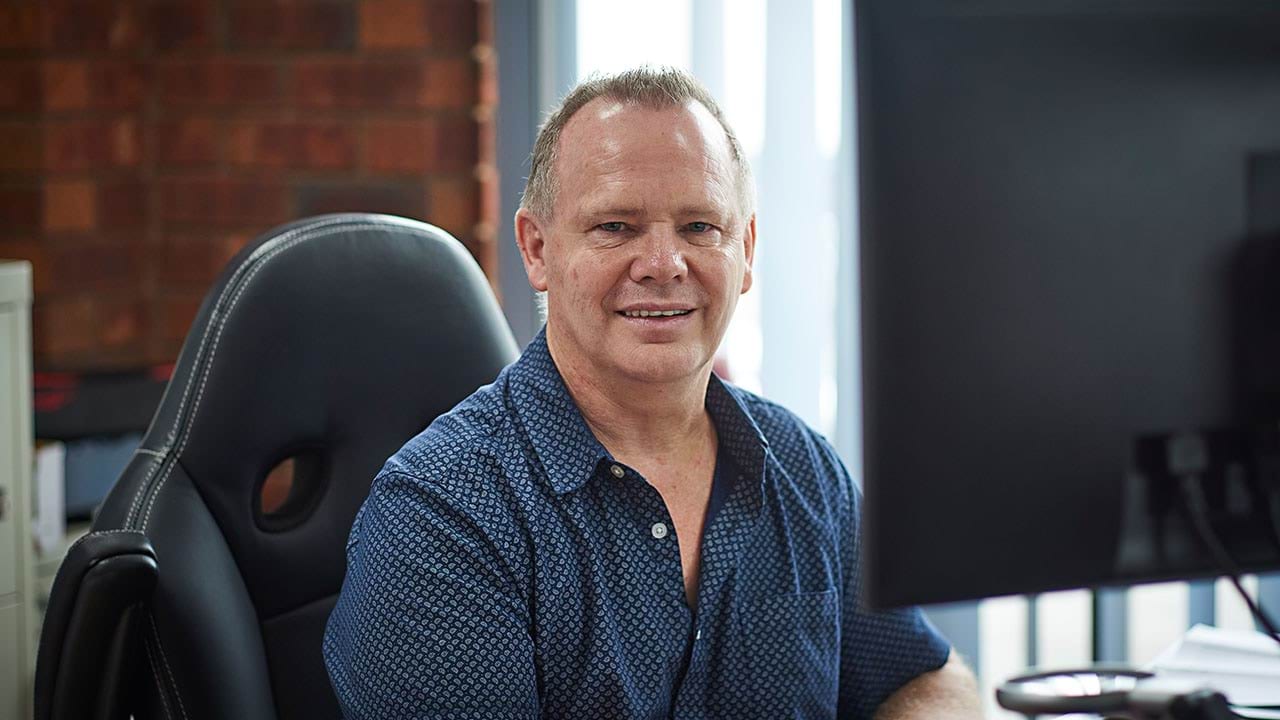As director of metal fabrication firm Nuform Steel, Greg Cole has worked on a host of iconic builds across Victoria.
From hospitals and universities to temporary art installations, he’s proving that a career in metalworking has more than meets the eye.
“We’ve fabricated and installed all of the brass work for the Forum Theatre and structural steel in the Essendon Football Club. We’ve even completed a brass toilet,” Greg says.
“It’s an evolving industry and every week we’re creating something new or different.”
Running a metal fabrication firm is one of many jobs Greg has held since he started as a bricklaying apprentice in the late 70s and early 80s.
He’s been a construction manager, a foreman, and previously ran his own demolition company.
Greg’s venture into the world of steel began with night courses in metal fabrication at a local TAFE, and building surveying at night school.
Today, he leads a team of engineers, metal fabricators and project managers. He’s also a huge advocate for starting your career in a trade.
“At the moment, there’s a real shortage of skilled trades across the board,” explains Greg. “You just have to be prepared to learn and get yourself into an apprenticeship.”
With seven apprentices at Nuform Steel, Greg has been doing his part to address the shortage of skilled metalworkers. From his perspective, finding individuals with the right nature and personality is crucial.
“People who are mechanically minded and enjoy taking things apart on the weekend, that’s the kind that we look out for,” Greg says.
“We also hire based on personality, because if they show they want to do it and they’re keen for the job, then I know we can teach them."
Greg’s apprentices are completing their Certificate III in Engineering Metal Fabrication at the Nuform fabrication firm in Bayswater, Melbourne.
Over the years, he’s seen many trainees from this course carve out their path in the industry.
Once they move past the early stages of learning, Greg assures newcomers that there are plenty of pathways forward.
“I’ve got project managers and drafters that started on the factory floor, and I have three people that I’ve trained that run their own business now,” says Greg.
“You can really be whatever you want to be in this industry.”

Manufacturing
Learn more about working in manufacturing.

Training and skills to work in manufacturing
Explore training courses and skills to start working in manufacturing. If you already work in the industry, training can help advance your career.

Construction
Learn more about working in construction.

Training and skills to work in construction
Explore training courses and skills to start working in construction. If you already work in the industry, training can help advance your career.
Updated



